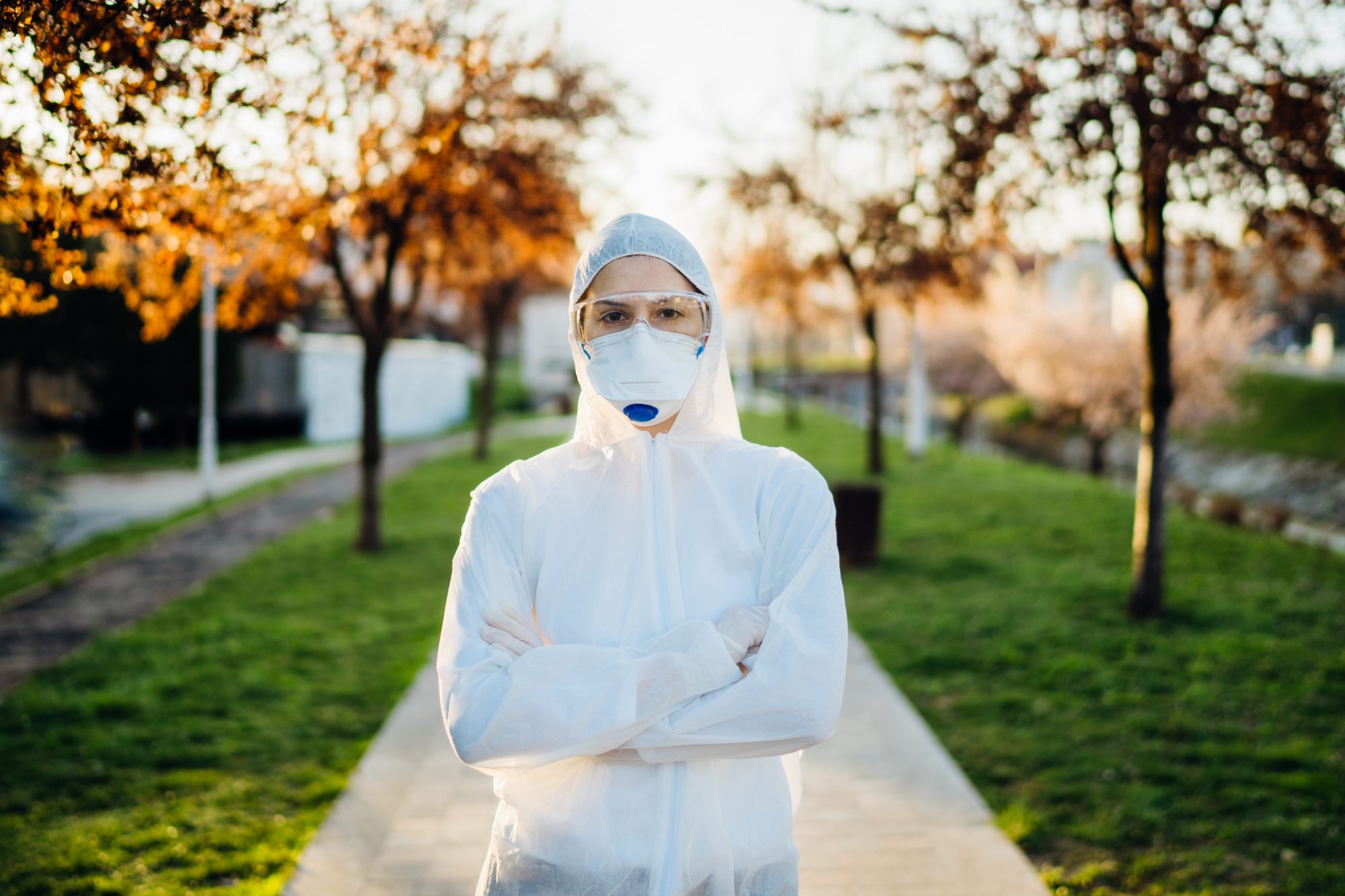
What is the impact of outdoor air pollution on COVID-19 mortality?
The COVID-19 pandemic has taken the world by storm and has had a severe impact on human health and wellbeing. As the virus spreads through respiratory droplets, there is growing concern about the impact of outdoor air pollution on COVID-19 mortality. Outdoor air pollution is a major public health concern that affects billions of people worldwide. According to the World Health Organization (WHO), It causes 4.2 million premature deaths every year.
What is outdoor air pollution?
Outdoor air pollution refers to the presence of harmful pollutants in the air we breathe, which can have serious health effects on humans and the environment. It is mainly caused by human activities, such as transportation, industrial activities, and energy production. The primary pollutants responsible for outdoor air pollution are particulate matter, nitrogen oxides, sulfur dioxide, ozone, and carbon monoxide.
How does outdoor air pollution affect human health?
Outdoor air pollution has a significant impact on human health. Exposure to air pollution can cause respiratory problems, such as coughing, wheezing, and shortness of breath. It can also exacerbate existing respiratory conditions, such as asthma and chronic obstructive pulmonary disease (COPD). In addition, exposure to air pollution can increase the risk of heart disease, stroke, and lung cancer. Children, the elderly, and people with pre-existing medical conditions are particularly vulnerable to the health effects of air pollution.
What is the link between outdoor air pollution and COVID-19 mortality?
There is growing evidence that exposure to outdoor air pollution can increase the risk of COVID-19 mortality. Studies have shown that exposure to air pollution can weaken the immune system, making it more difficult for the body to fight off infections. In addition, exposure to air pollution can cause inflammation in the lungs, which can make it easier for the virus to infect lung tissue. This can lead to more severe cases of COVID-19 and an increased risk of mortality.
Several studies have looked at the relationship between air pollution and COVID-19 mortality. A study published in The Lancet Planetary Health found that people living in regions with high levels of air pollution were more likely to die from COVID-19. The study analyzed data from 3,080 counties in the United States and found that an increase of only 1 μg/m3 in particulate matter (PM2.5) was associated with an 8% increase in COVID-19 mortality.
Another study published in the journal Environmental Research found that long-term exposure to nitrogen dioxide (NO2) was associated with an increased risk of COVID-19 mortality in England. The study analyzed data from 1,748 care homes in England and found that a 1 μg/m3 increase in NO2 was associated with a 6% increase in COVID-19 mortality.
A study published in the journal Science Advances found that exposure to air pollution could increase the risk of COVID-19 mortality by as much as 15%. The study analyzed data from 3,080 counties in the United States and found that people living in regions with high levels of PM2.5 were more likely to die from COVID-19. The study also found that reducing PM2.5 levels to the WHO guideline of 10 μg/m3 could have prevented approximately 11,000 COVID-19 deaths in the United States.
Furthermore, a study published in the journal Environmental Pollution found that exposure to air pollution was associated with a higher risk of COVID-19 mortality in Italy. The study analyzed data from 110 provinces in Italy and found that higher levels of PM10 and NO2 were associated with a higher risk of COVID-19 mortality.
Overall, these studies suggest that exposure to outdoor air pollution can increase the risk of COVID-19 mortality. However, it is important to note that these studies do not prove causation and more research is needed to fully understand the relationship between air pollution and COVID-19 mortality.
What can be done to reduce the impact of outdoor air pollution on COVID-19 mortality?
Reducing exposure to outdoor air pollution can help reduce the impact of air pollution on COVID-19 mortality, some measures that can be taken to reduce the exposure includes:
Reducing vehicle emissions: Governments can implement policies to reduce vehicle emissions, such as promoting the use of public transport, electric vehicles, and cycling.
Reducing industrial emissions: Governments can implement policies to reduce industrial emissions, such as promoting the use of renewable energy and reducing the use of fossil fuels.
Improving indoor air quality: People can improve indoor air quality by ensuring good ventilation, using air purifiers, and avoiding smoking indoors.
Wearing masks: Wearing masks can help reduce the risk of COVID-19 infection and may also help reduce the impact of air pollution on COVID-19 mortality.
Conclusion
There is growing evidence that exposure to outdoor air pollution can increase the risk of COVID-19 mortality. Studies have shown that air pollution can weaken the immune system and cause inflammation in the lungs, which can make it easier for the virus to infect lung tissue. It is important to take measures to reduce exposure to outdoor air pollution, such as reducing vehicle and industrial emissions, improving indoor air quality, and wearing masks. More research is needed to fully understand the relationship between air pollution and COVID-19 mortality and to develop effective strategies to reduce the impact of air pollution on public health.
Visit DocMode for Courses and lectures
